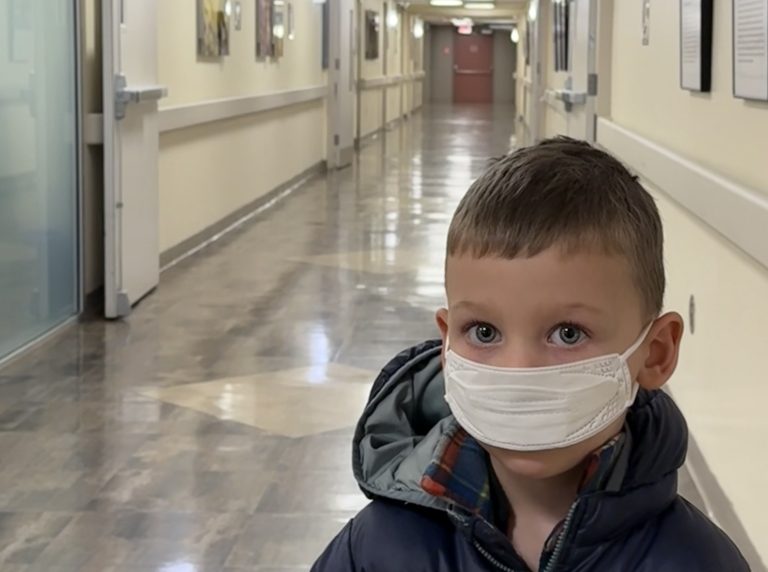Boston Healthcare Worker Employment Law Attorney
Attorney MacLellan is the premier Boston Healthcare Workers’ Attorney.
She routinely handles discrimination and retaliation cases for healthcare workers and is well versed in the specific issues involved with healthcare facility employers. Attorney MacLellan understands the way the healthcare industry works, how hospitals operate, bill, compensate and discipline. Attorney MacLellan also understands other considerations unique to healthcare providers such as licensure issues triggered by complaints made to licensing agencies including the Board of Registration in Medicine, (“BORIM”), and the Massachusetts Board of Registration in Nursing, (“BORIN”), in retaliation for complaints of discrimination. Health Care Professionals have worked hard to get where they are, their concerns deserve to be taken seriously.
MacLellan Law Firm, P.C. understands the concerns of Healthcare Professionals and relentlessly fights for them.
Contact us by calling (860) 406-5869 or through filling out our online contact form today.

The Massachusetts Healthcare Whistleblowers Act, M.G.L. c. 149 s. 187, protects Healthcare Whistleblowers. The Act prohibits health care facilities from retaliating against a Healthcare Provider, including refusing to hire, terminating a contractual agreement with or taking any other retaliatory action against a Healthcare Provider who does any of the following:
- Discloses or threatens to disclose practices which are in violation of a law, rule or regulation promulgated pursuant to law or are violative of professional standards of practice which the health care provider reasonably believes poses a risk to public health;
- Provides information or testifies before a public body conducting an investigation into any such violative practices;
- Objects to or refuses to participate in any activity, policy or practice of the health care facility or of another health care facility with whom the health care provider’s health care facility has a business relationship which are in violation of a law, rule or regulation promulgated pursuant to law or are violative of professional standards of practice which the health care provider reasonably believes poses a risk to public health;
- Participates in any committee or peer review process, files a report or a complaint, or an incident report discussing allegations of unsafe, dangerous or potentially dangerous care;
*Of note, a Healthcare Provider who makes a disclosure to a public body will be unable to bring suit under M.G.L. c. 149 s. 187 unless he or she first has brought the activity, policy or practice to the attention of a manager of the health care provider by written notice and has afforded the health care facility a reasonable opportunity to correct the activity, policy or practice.
This notice requirement has exceptions, if the Healthcare Provider provides information or testifies before a public body conducting an investigation as set forth in section 2 above, or if the Healthcare Provider (i) is reasonably certain that the activity, policy or practice is known to one or more managers of the health care facility and the situation is emergent in nature; (ii) reasonably fears physical harm as a result of the disclosure; or (iii) makes the disclosure to a public body for the purpose of providing evidence of what the health care provider reasonably believes to be a crime.
The Healthcare Provider has two (2) years to file suit.
Available Remedies for Healthcare Workers:
- Issuance of a temporary restraining order or preliminary or permanent injunction to restrain the continued violation of this section;
- Reinstate the health care provider to the same position held before the retaliatory action, or to an equivalent position;
- Reinstate full fringe benefits and seniority rights to the health care provider;
Compensate the health care provider for lost wages, benefits and other remuneration, and interest thereon; and - Order payment by the health care facility of reasonable litigation costs, reasonable expert witness fees and reasonable attorneys’ fees.
However, it should be noted that if the Healthcare Provider files suit in Superior Court and the court finds that the action was without basis in law or in fact, the court may award reasonable attorneys’ fees and court costs to the health care facility.
Contact our office to request a free initial consultation with the Boston healthcare lawyer at the MacLellan Law Firm.




